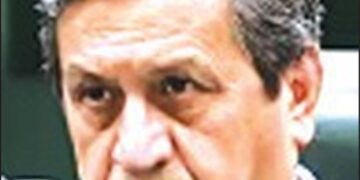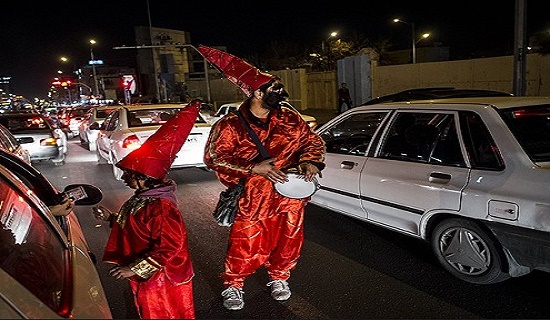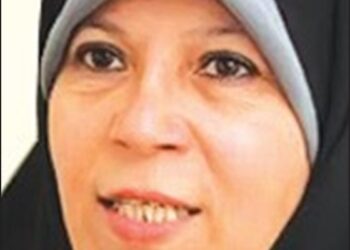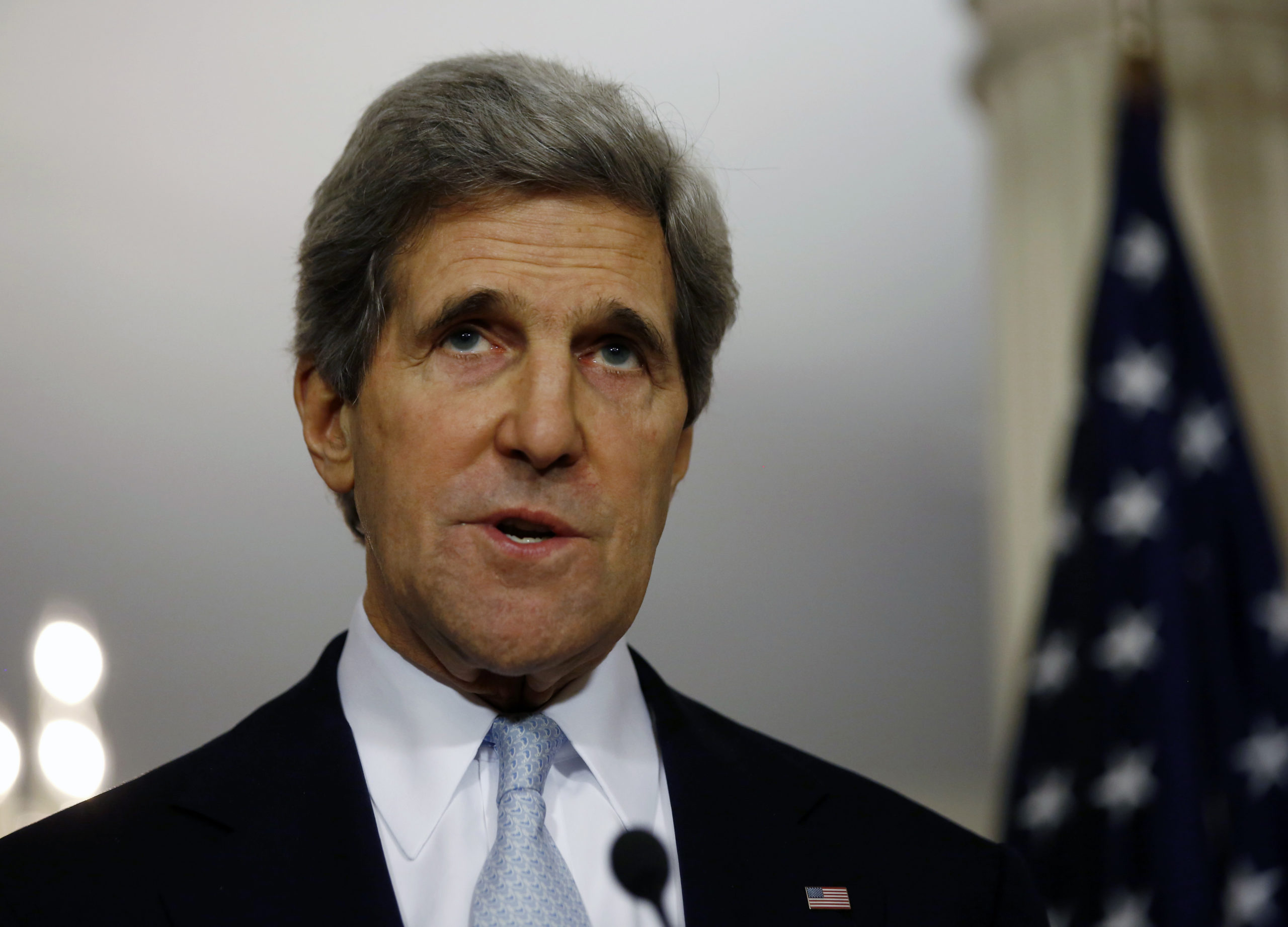January 10-2014
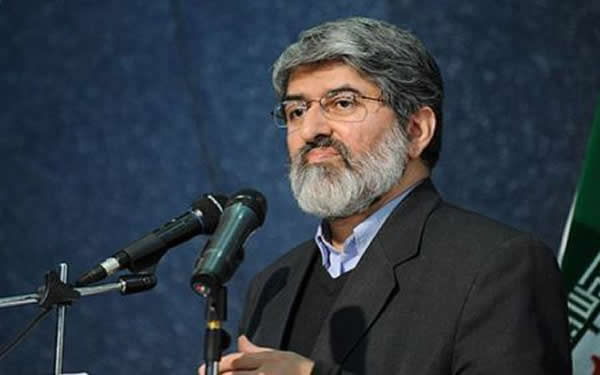
. . . crossed red line
The Tehran prosecutor has started proceedings against Majlis Deputy Ali Motahari over his public call for a review of all the sentences issued against those who protested the 2009 election outcome.
The prosecutor announced Saturday that Motahari has been summoned to answer questions about a number of his recent statements.
When Motahari heard the news, he said there were no legal grounds for the prosecutor to file any charges against him for making a proposal. He pointed to Article 84 of the Constitution, which states: “Every deputy is responsible to the entire nation and has the right to express his views on all internal and external affairs of the country.” But, unlike in most countries, the Iranian Constitution does not expressly give legislators immunity for what they say in parliament.
Meanwhile, Motahari’s website has been blocked by the regime’s cyber censor.
The Iranian Students News Agency (ISNA) said Motahari argued he had not insulted or libeled anyone and had merely criticized the conduct of the head of the Judiciary in handling the cases—referring to the hundreds of trials held, not just to the house arrest of Mir-Hossain Musavi and Mehdi Karrubi, the losing candidates who have never been tried and are under house arrest.
In a speech in the Majlis December 29, Motahari criticized the Judiciary for declining to review some of the “severe sentences” issued. He also suggested that some sentences were influenced by the security forces and thus compromised the independence of the Judiciary.
The Tehran prosecutor ordered criminal proceedings the very next day.
Motahari told ISNA, “We expected the chairman of the Judiciary [Sadeq Larijani] to be more accepting of criticism. In the past, he has also shown he cannot handle criticism. But, if a deputy in the Majlis cannot even speak on such matters, then they should shut down the Majlis.”
As for Musavi and Karrubi, Motahari said they should be freed from house arrest, charged formally and given the benefit of a trial.
Some others have recently taken up that call for a trial—but from the hardline side of the political spectrum. For example, a deputy commander of the Pasdaran, Hamid-Reza Moqaddam-far, followed up on Motahari by saying the pair should be charged with mofsed-e filarz (corruption on earth), which carries the death penalty.
In late November, government spokesman Mohammad-Baqer Nobakht said the Rohani Administration was pursuing the case of the jailed candidates as well as those of others jailed after the 2009 elections. But there have been no public developments since then.
Ayatollah Ahmad Jannati, the head of the Council of Guardians, has said the two former candidates should be thankful they have not faced the death penalty. He called their house arrest—which was ordered by the Supreme Leader—“Islamic mercy.” Those comments were also criticized by Motahari.
Motahari was very strong in his criticism of the regime for allowing the issue to fester for four years. “This crisis will not be resolved as long as one side is not allowed to speak for and defend itself, while the other side continues to mount accusations,” Motahari said.
“The only solution is the public trial of Musavi and Karrubi—and also of [former President] Ahmadi-nejad,” he said, arguing that the latter had mishandled the crisis. However, most observers believe Ahmadi-nejad had little if anything to do with the police response to the protests. Supreme Leader Ali Khamenehi clearly made the key decisions and even announced many of them.
Motahari said, “The establishment will have to pay a hefty price should Musavi and Karrubi die while under house arrest.”
Motahari may find himself in trouble, however, for flogging this issue, which even President Rohani is treating very cautiously. Many in the establishment have indicated they feel the reform movement should be happy that it won the last presidential election and should be satisfied with that, just forgetting about Musavi and Karrubi.
And, indeed, many in the new government act as if they are happy to be able to guide the government looking forward and are silent about the last election.
Khamenehi has indicated no interest in easing up on Musavi or Karrubi—in fact, quite the opposite. Just days ago, his website published a graph listing 22 “sins” committed by those involved in the 2009 unrest, such as colluding with enemies and defaming the establishment.
Motahari has been able to get away with more criticism than the average Majlis deputy because he is the son of Ayatollah Morteza Motahari, one of the chief figures who launched the revolution with Ayatollah Khomeini. Ayatollah Motahari was assassinated May 1, 1979, just weeks after the revolution succeeded. He was the chairman of the Revolutionary Council at the time.





